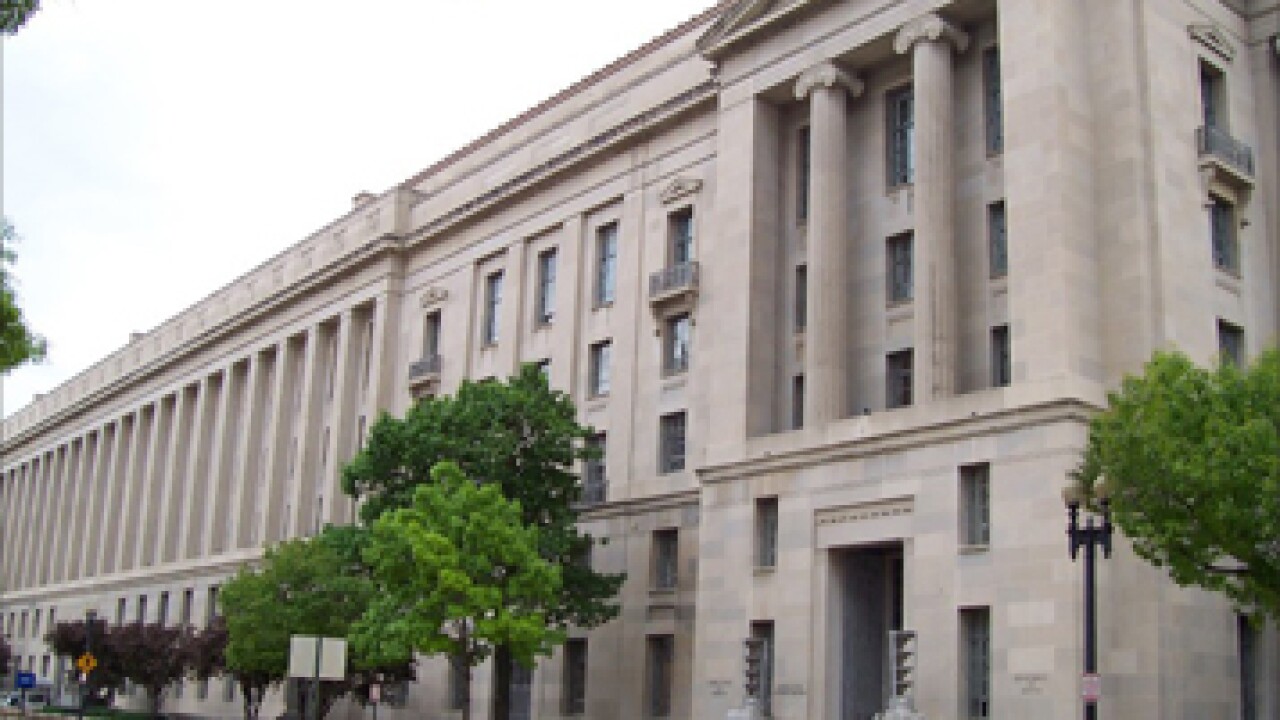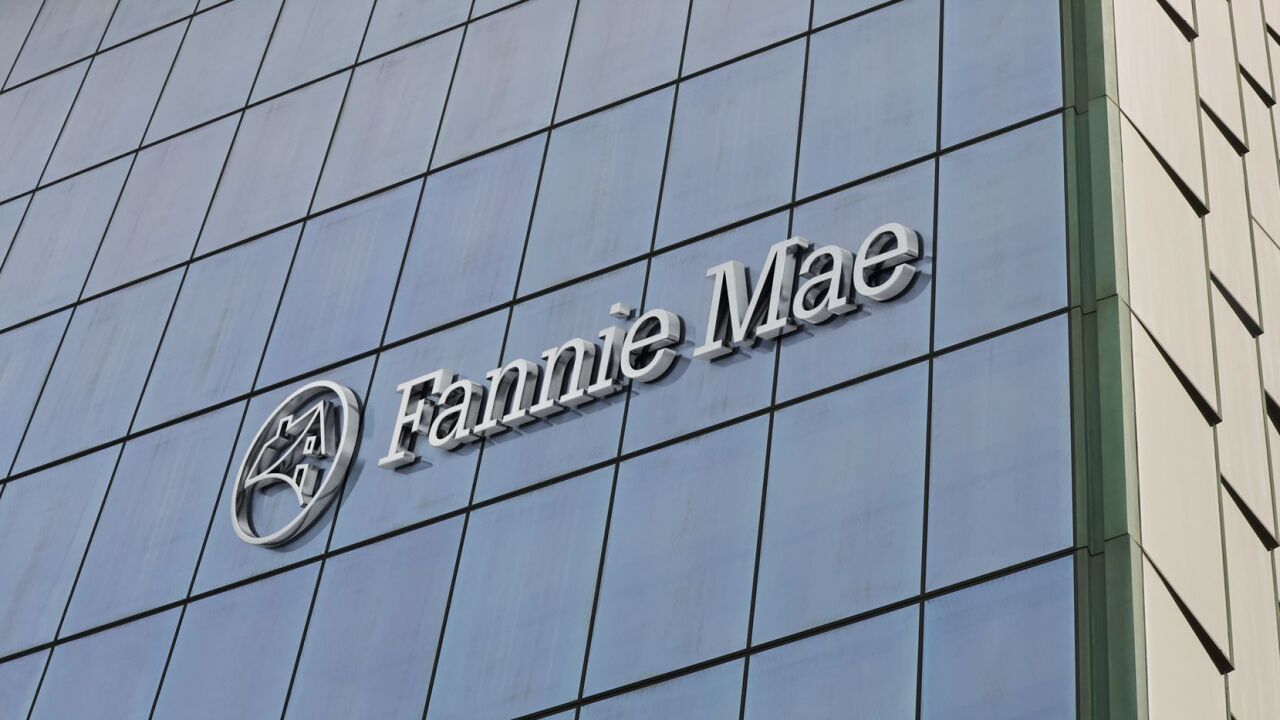-
With a scarcity of listings driving high home prices, both repeat and new purchasers are putting the most money down in decades, the report found.
November 15 -
Often a harbinger of recessions, the fact that short-term yields are higher than long-term is not inherently bad, Federal Reserve Gov. Chris Waller said Tuesday, noting that in this case it could prove that market expectations are anchored.
November 7 -
Freddie Mac's survey finds the 30-year fixed loan dropped 3 basis points, but Zillow's tracker showed since the FOMC announcement, they dropped 30 basis points.
November 2 -
High interest rates and constrained inventory will take its toll on originations and securitization activity in 2024, the rating agency commented.
October 31 -
At the same time, the 15-year fixed rate loan rose above 7% for the first time in nearly 23 years, Freddie Mac reported.
October 26 -
The Federal Reserve released its semiannual financial stability report highlighting elevated asset values, funding issues and pockets of leverage as top concerns.
October 20 -
The Fed's higher for longer statements have pushed up the 10-year Treasury in recent weeks to levels last seen in 2007 and that is affecting pricing.
October 19 -
At a Senate Banking subcommittee meeting, Republican and Democratic lawmakers both promoted the mission of community development financial institutions and warned of upcoming threats to their funding and proposals to revamp the CDFI certification process.
October 18 -
But the industry will still have to go through some pain in 2024, Wharton Professor Susan Wachter told attendees at the Mortgage Bankers Association annual convention.
October 17 -
The deal will issue tax-exempt restructuring bonds through the 2023TE1 and 2 classes of notes, which will issue $652.1 million and $135.4 million, respectively. One class will issue $35.6 million federally taxable note, the 2023T class.
October 17 -
While great progress has been made towards the goal of reducing capacity by 30%, job reductions should continue for several more quarters.
October 16 -
DTE Electric Securitization, 2023A will issue notes to investors through two class A tranches, which are identical in certain characteristics, such as their 'Aaa' ratings, and their $300.8 million principal amounts.
October 13 -
A majority of the commercial real estate CLO's collateral has pari-passu participations, including 18 that have a related obligation for an unfunded future advance.
October 11 -
While some observers believe that by year-end, the 30-year FRM would be lower than current levels, chatter about an 8% mortgage exists.
October 5 -
Even as Freddie Mac's survey put rates at their highest since December 2000, factors like rising oil prices and a government shutdown could slow the economy.
September 28 -
The Department of Justice reached a $9 million settlement Wednesday with Westerly, R.I.-based Washington Trust over race-based lending discrimination and redlining in the state, saying the bank denied lending services to Black and Hispanic neighborhoods from 2016 to 2021.
September 27 -
The Federal Deposit Insurance Corp. Board's Vice Chair Travis Hill urged his fellow regulators Thursday to delay implementing new banking regulations until interest rates stabilize, saying rushed rules amid precarious economic conditions could impact consumer lending.
September 21 -
Fewer of these mortgages are paying off, adding to the amount of credit on investors' books, the Mortgage Bankers Association said.
September 20 -
High mortgage rates and the lack of inventory for sale pushed the sector into a downturn twice recently - between May and November last year and in May of 2023 - according to First American
September 18 -
The mortgages are part of a program that received congressional scrutiny earlier this year.
September 13



















